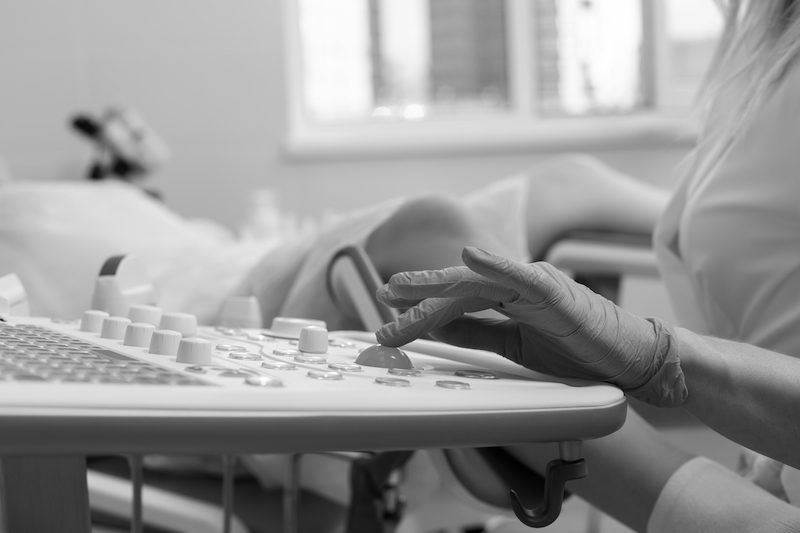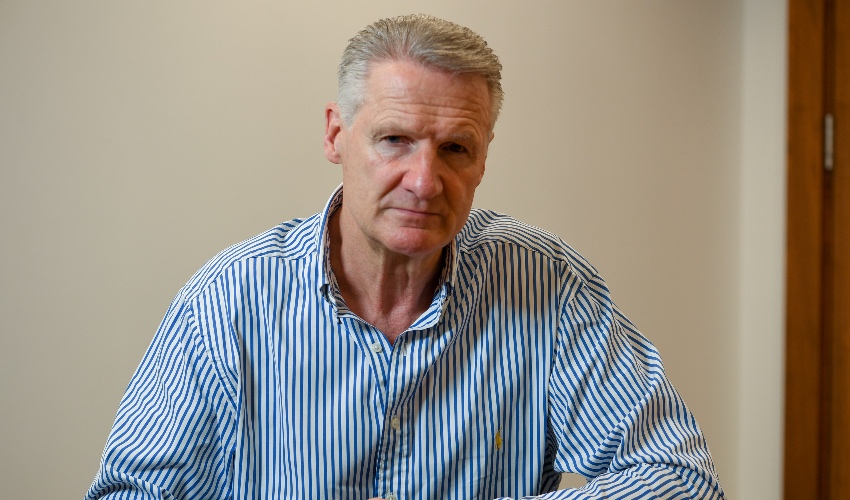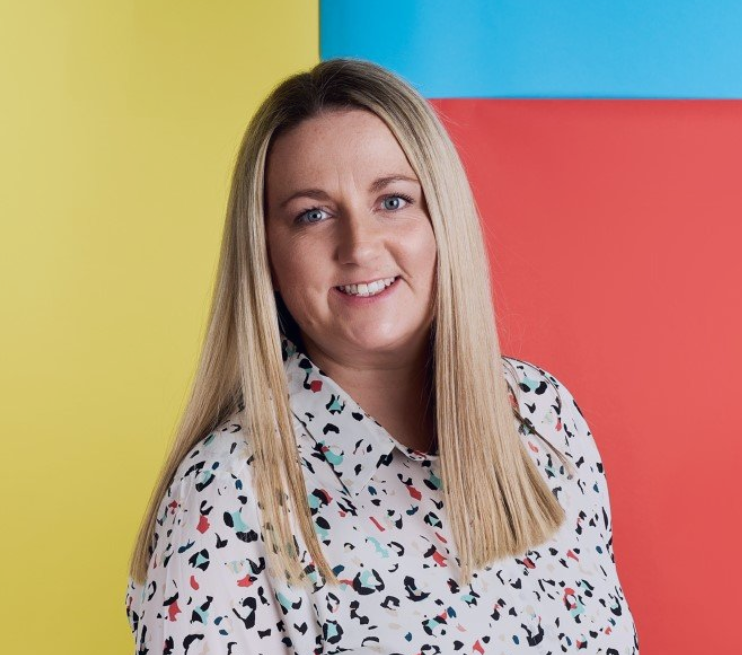


Abandoning plans for a specific strategy to improve all women's health services is symptomatic of a wider case of "chronic underfunding" in Health, according to a gynaecologist of more than 30 years.
Neil MacLachlan – who was previously a Consultant Obstetrician-Gynecologist for the States of Jersey – said he was "disappointed" that Ministers had decided not to progress a standalone Women's Health Strategy.
Health Minister Tom Binet said that the strategy was a commitment by his predecessor, Deputy Karen Wilson, and that "no work had commenced" on it because she had concluded at the end of last year "that the strategy could not be realistically taken forward due to resource constraints".
He said that view was then "endorsed" last month by a panel of politicians tasked with advising on Women's Health, who instead decided that focus should be put on "key areas of concern", such as a review of the termination of pregnancy law, and funding for IVF and contraception services.
Pictured: Mr Neil MacLachlan MBE FRCOG is a Consultant Gynaecologist at The Lido Women’s Health Hub.
“The decision on the strategy document does not mean that work on women’s health stops or that it not regarded as important. Quite the opposite – we are reprioritising and intend to make best use of public funds in the areas where it is most needed," Deputy Binet said.
But Mr MacLachlan said it was a "shame to ditch" the overall strategy, "...as there are things that wouldn’t cost too much to correct – things that we used to have and no longer have."
The Consultant Gynaecologist previously called for the reinstatement of what he describes as Jersey's "lost" gynaecology ward to "offer women a dedicated area to care for them in times of trouble".
When a public consultation on women's health was launched earlier this year in order to inform the strategy, it gathered 400 responses within its first day.
The Women's Health and Wellbeing Survey – which is available to complete online until next week – has now attracted more than 1,600 responses.
At the time, Deputy Howell said that the number of responses to the Women's Health and Wellbeing Survey made it "clear that women want to have their say about their health and wellbeing needs".
Speaking to the Health scrutiny panel in March, the Assistant Health Minister called the number of respondents "extraordinary".
In a letter published on Tuesday 30 April, Health Minister Tom Binet confirmed that plans to produce a standalone strategy had been scrapped and that the department would publish a "statement of intent" after the survey was complete.
However, Mr MacLachlan criticised the survey as a "waste of already limited resources".
CLICK TO READ IN FULL: Tom Binet's letter dated Tuesday 30 April.
He questioned the need for a local questionnaire in light of the extensive research that has been conducted on the topic of women's health in the UK.
"The research has already been done in the UK," explained Mr MacLachlan. "Why do we need to repeat that?"
In 2021, the Department for Health and Social Care (DHSC) launched a call for evidence to inform the first-ever government-led Women’s Health Strategy for England.
Nearly 100,000 people in England replied.
Results from the survey showed that respondents wanted gynaecological conditions; fertility, pregnancy, pregnancy loss and postnatal support; the menopause; menstrual health; and mental health to be prioritised.

Pictured: Mr MacLachlan questioned the need for a local questionnaire in light of the extensive research that has been conducted on the topic of women's health in the UK.
The Women’s Reproductive Health Survey was also launched in England at the end of last year to seek women’s views on issues including periods, contraception, fertility, pregnancy and the menopause.
"Why would women in Jersey be any different?" asked Mr MacLachlan.
The Women's Health Strategy was first announced by former Health Minister Karen Wilson in her Ministerial Delivery Plan published on 1 January 2023.
The original timeline for the delivery of the strategy said that the first round of public consultation would be concluded by the third quarter of 2023.
The analysis of the results of the consultation were due to be delivered at the end of 2023, with the proposals for actions for inclusion within the strategy to be ready to go back out to consultation in the first quarter of 2024.
Mr MacLachlan also pointed to the recent States Assembly decision to amend proposals to align the island's IVF funding model with the one recommended by the National Institute for Health and Care Excellence (NICE).
"There are more and more examples of a gap between what we should be doing, what we'd like to do, but can't afford to do," he said.

Pictured: Deputy Stephenson's proposition (left) compared to Deputy Binet's amendment (right).
Deputy Lucy Stephenson, who has personal experience with infertility and is a founding governor of fertility support charity Tiny Seeds, lodged a proposal in early April to reform existing funding, arguing that the current arrangement was "outdated".
In her proposition, she said the island should adopt UK clinical guidelines from the NICE, which currently recommends funding three full cycles of IVF for women under 40, or one full cycle for those aged 40 to 42.
But States Members instead backed an amendment to her proposition lodged by Health Minister Tom Binet by 28 to 15 which said that new criteria related to financial support for IVF treatment should be developed in consultation before any changes to the funding model are made.

Pictured: In his amendment, Health Minister Tom Binet emphasised the need for careful consideration before committing to funding IVF services aligned with NICE guidelines.
The Health Minister added that this would help manage costs, with the Health Department currently facing an £18m shortfall.
Mr MacLachlan said: "IVF and the Women's Health Strategy are just two examples of the lack of funding across healthcare."
The Consultant Gynaecologist said that Jersey's IVF funding model has been a topic of conversation for almost 30 years, and expressed concerns that the recent amendment would just "kick it further down the road".
Following the debate, Deputy Stephenson said it is a “mistake” not to follow evidence-based UK guidelines when providing funding for IVF treatment.

Pictured: Deputy Lucy Stephenson has personal experience with infertility and IVF treatment.
She said: “I am particularly concerned that the amendment leaves the option to include some form of means testing, especially as the Health Minister indicated that would be his intention.
“I now hope that other ministers will be able to convince him otherwise as the finer details are developed in the coming months. If the new model comes forward and does include means testing I will seek to amend it.
“Now it’s over to the Health Minister and his team to do the work they have committed to do and bring forward proposals and funding as part of the next Government Plan.
“I have offered to engage with that process if they would find it helpful at any point."
Islanders have until 21 May 2024 to complete the Women's Health and Wellbeing Survey HERE.
Government announces plans to scrap Women's Health Strategy
Politicians agree to reform "archaic" fertility treatment funding model
Hundreds of islanders speak up about women's health services
FOCUS: "Another cost for the 'privilege' of womanhood"
Women's health strategy 'should be a priority'
Menopause support sessions to encourage "honest conversation"
Comments
Comments on this story express the views of the commentator only, not Bailiwick Publishing. We are unable to guarantee the accuracy of any of those comments.